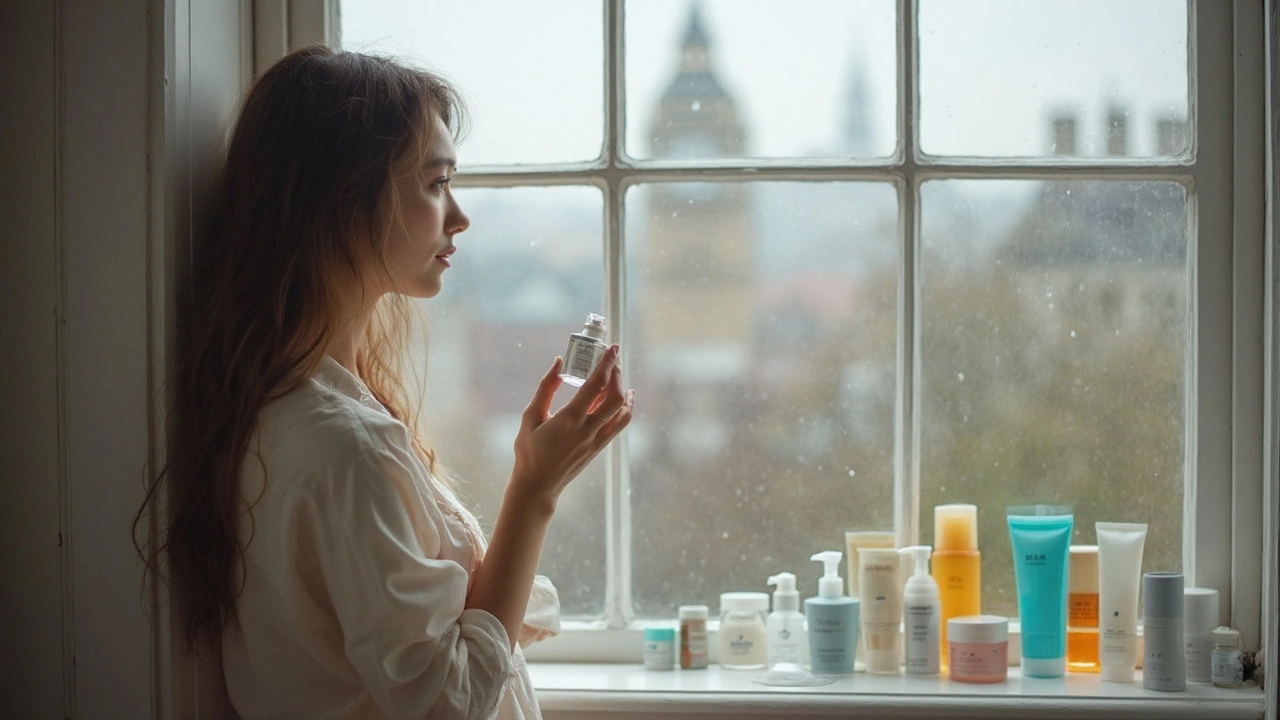Isotroin alternatives: safer acne options and when to consider them
Isotroin (isotretinoin) works for severe acne, but it's not the only path. If you're worried about side effects, pregnancy risks, or strict monitoring, there are solid alternatives that can clear skin without the same downsides. Below are practical options, who they suit, and quick tips so you can talk to your doctor with confidence.
Topical options that actually help
Start here for mild to moderate acne. Topical retinoids (adapalene, tretinoin) unclog pores and reduce inflammation. Benzoyl peroxide kills acne bacteria and prevents resistance when used with antibiotics. Salicylic acid helps exfoliate and clear blackheads. For inflamed papules, topical dapsone or azelaic acid can calm redness and work well for sensitive skin. These treatments are low risk and don’t require blood tests—perfect if you want steady improvement without major medical oversight.
Tip: combine a topical retinoid at night with benzoyl peroxide in the morning. Use sunscreen daily—retinoids make skin more sun-sensitive.
Oral and advanced non-isotretinoin choices
For moderate to severe acne that topical care can’t solve, several oral options exist. Oral antibiotics like doxycycline or minocycline reduce inflammation and bacterial load. They’re effective short term, but doctors usually limit use to 3 months to avoid resistance. Hormonal treatments—combined oral contraceptives and spironolactone—work very well for women with hormonal acne. Spironolactone reduces oil production and often improves cystic breakouts without the teratogenic risk of isotretinoin. Metformin can help some people with polycystic ovary syndrome (PCOS)-related acne.
Light and energy-based therapies are another route: blue light, photodynamic therapy, and certain laser treatments can shrink oil glands and kill acne-causing bacteria. They’re pricier and need clinic visits but avoid systemic drug risks.
When choosing among these, think about your priorities: speed of improvement, safety in pregnancy, ease of use, and cost. Hormonal options require contraception planning for people who can get pregnant; antibiotics need attention to gut side effects and sun sensitivity. Spironolactone is not for everyone—blood pressure and potassium need checking in some cases.
Quick guide: mild acne → start topicals; moderate acne → add oral antibiotics or hormonal therapy for women; severe nodular acne → discuss isotretinoin vs combination non-isotretinoin strategies with a dermatologist.
If you’re pregnant, trying to conceive, or have liver disease, speak up early—many acne drugs aren’t safe. Always check interactions with other meds and get a tailored plan from a clinician. Want a starting routine? Ask for a topical retinoid, benzoyl peroxide, and a gentle cleanser. That combo clears many cases without systemic risks.
Ready to explore options? Bring this page to your appointment and ask which alternative fits your skin type, lifestyle, and health needs.

